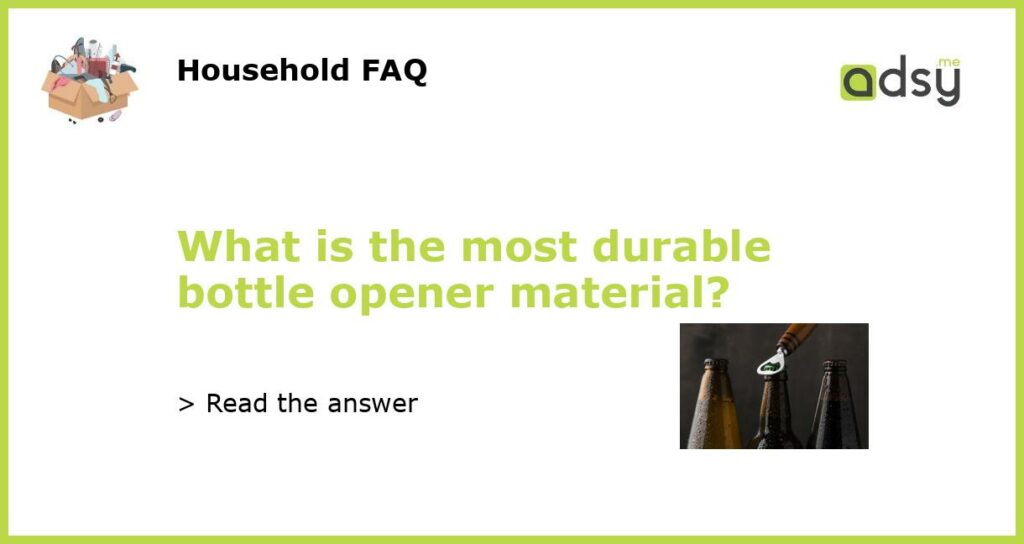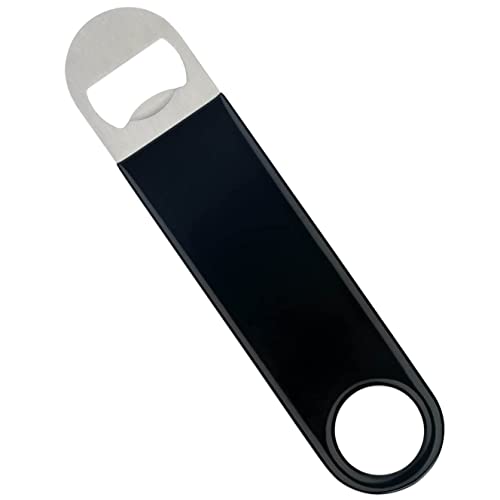Different materials used for making bottle openers
Bottle openers are essential tools used to open bottles of beer, soda, and other beverages. They are available in different materials such as stainless steel, aluminum, zinc alloy, plastic, and wood. However, the question remains, which is the most durable material for making bottle openers?
Stainless steel bottle openers
Stainless steel bottle openers are popular for their durability and strength. They are resistant to rust and corrosion, making them last for years without showing any signs of wear and tear. Stainless steel bottle openers are easy to clean, and there are a wide variety of designs available in this material.
Zinc alloy bottle openers
Zinc alloy bottle openers are lightweight and stylish in design. However, they are less durable compared to stainless steel openers, and they may show signs of wear and tear after a few years of use. Zinc alloy bottle openers are also more prone to rust and corrosion than stainless steel openers.
Aluminum bottle openers
Aluminum bottle openers are lightweight, durable, and affordable. They are resistant to rust and corrosion, making them suitable for outdoor use. Aluminum bottle openers are also eco-friendly as they can be recycled after use. However, they may not last as long as stainless steel openers and may show signs of wear and tear after extended use.
Plastic bottle openers
Plastic bottle openers are the most affordable bottle openers available in the market. They are also lightweight and easy to carry around. However, they are not as durable as metal openers and may break or crack after a few uses. Plastic bottle openers are not suitable for heavy use and may not last for years like metal openers.
Wooden bottle openers
Wooden bottle openers are stylish and unique in design. They are also eco-friendly and biodegradable. However, they may not be as durable as metal openers and may show signs of wear and tear after extended use. Wooden bottle openers are also prone to moisture, which can cause warping, cracking, or splitting.






